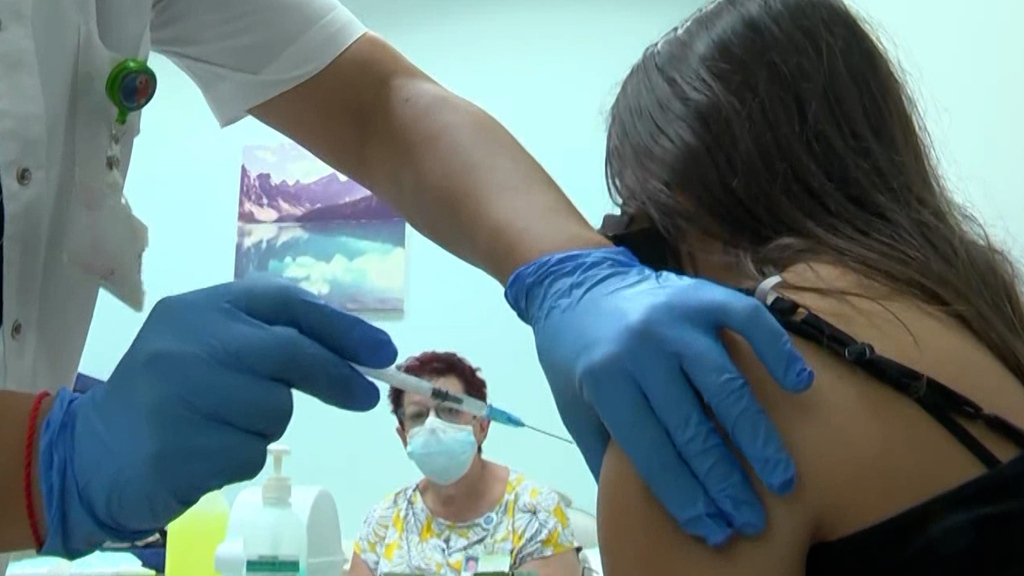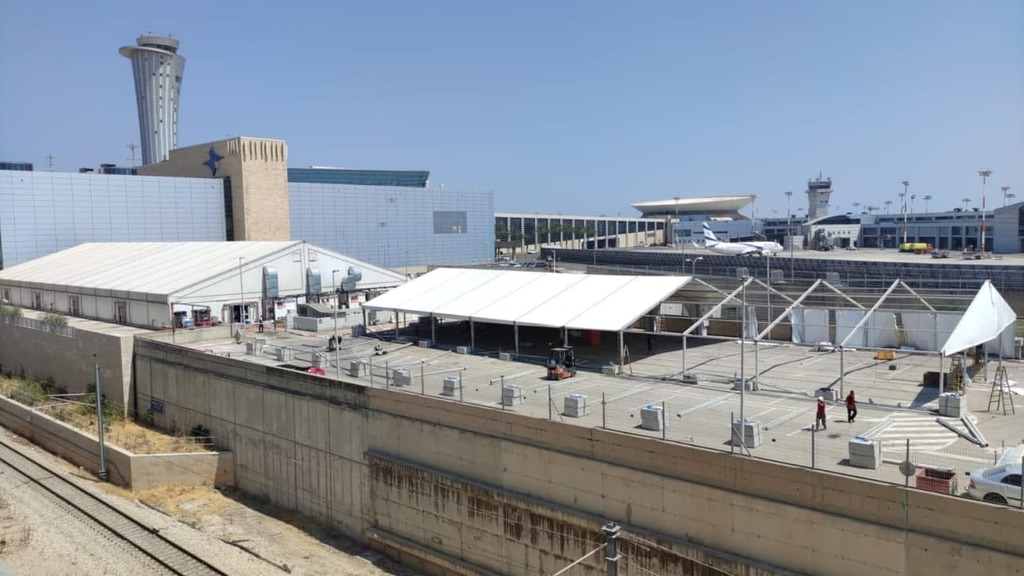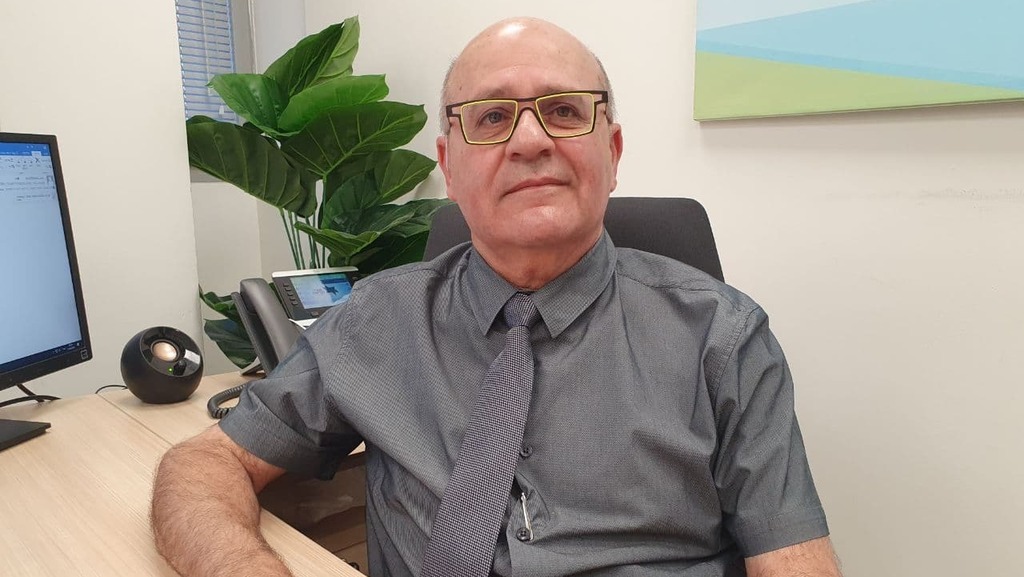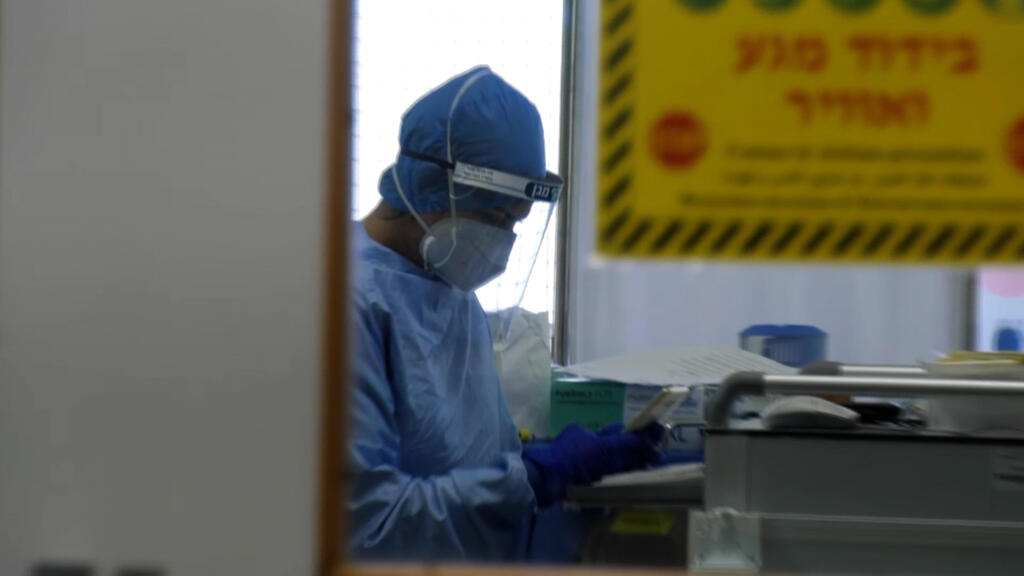There is no need to panic over the sharp increase in coronavirus cases in Israel, in particular when compared to infection rates at the height of the pandemic, the departing head of the Heath Ministry Prof. Hezi Levi said Sunday.
"We are seeing see an increase in cases, but our situation is nothing like it was in previous waves," Levi said.
"Most of the new patients, we are happy to say, are exhibiting mild symptoms. Even so there is a slow rise in serious cases, we see three or four people suffering from serious symptoms each day, and the positivity rate from testing is up," he said.
Levi told Yet that health officials were considering the reinstitution of more restrictions to halt the spread of the virus.
"Countries that saw a drop in cases are now experiencing a renewed spread of the disease caused by the Delta variant," Levi said, adding that the ministry will continue to weigh the need for further restrictions beyond the recently renewed requirement of masks indoors.
Asked why the ministry does not recommend that such steps be taken as a precaution, Levi said officials are in constant dialogue with health experts and will announce measures when they become necessary.
As such, he said, Israel could decide to administer a third dose of the Pfizer vaccine as soon as October, at least for the population at high risk.
"There may be a need to ha booster shot of the Pfizer vaccine before the end of the year. That is being considered by health experts around the world," Levi said.
4 View gallery


A teenager receives the first shot of the coronavirus vaccine in the central city of Holon
"Originally, we expected to inoculate the population again in early 2022 after certain modifications to improve resistant to the new variants, but may decide to offer booster shots sooner than that, at least to the population at high risk," he said adding that preparations will be in place to acquire the vaccines ahead of time.
"Purchasing vaccines comes with a certain risk of reaching their expiration date before they have all been administered," he said.
"The UK purchased six or seven vaccines per person, but we purchased a smaller amount. Even so we would rather have more vaccines in stock than see a shortage considering the entire world is trying to buy them and there is a limit to their production," he said.
Levi acknowledged that vaccinated people are also being infected and that must not be ignored, but pointed to the greater danger for those who have not received a jab at all.
"There are many children who have not been administered vaccines and they can also infect others. We also have around 200,000 adults who are unvaccinated," Levi said.
Levi, who is returning to his previous post as director of Barzilai Medial Center in Ashkelon, said Israel's hospitals were at this point unaffected by the rise in COVID-19 but urged vigilance as the Delta strain of the virus spread worldwide.
"We are constantly weighing risks," he said. "We lifted restrictions when morbidity was down to four or five cases a day, aiming to ease the lives of our citizens ahead of the summer holidays."
4 View gallery


A new testing site is being built at Ben-Gurion Airport to meet the needs of a growing number of Israelis flying abroad during the summer
(Photo: Defense Ministry)
Levi said the Health Ministry was seeking to expand the COVID testing site at Ben-Gurion International Airport, where Israelis returning from abroad have sometimes not been properly tested, as well as improving mechanisms put in place to monitor them once they leave the site.
"We are increasing our enforcement of travel restrictions to countries with high contagion," Levi said.
"We are also increasing enforcement of quarantine regulations. People must understand that even when they do not feel sick, they can be carriers of the virus and can infect others."



